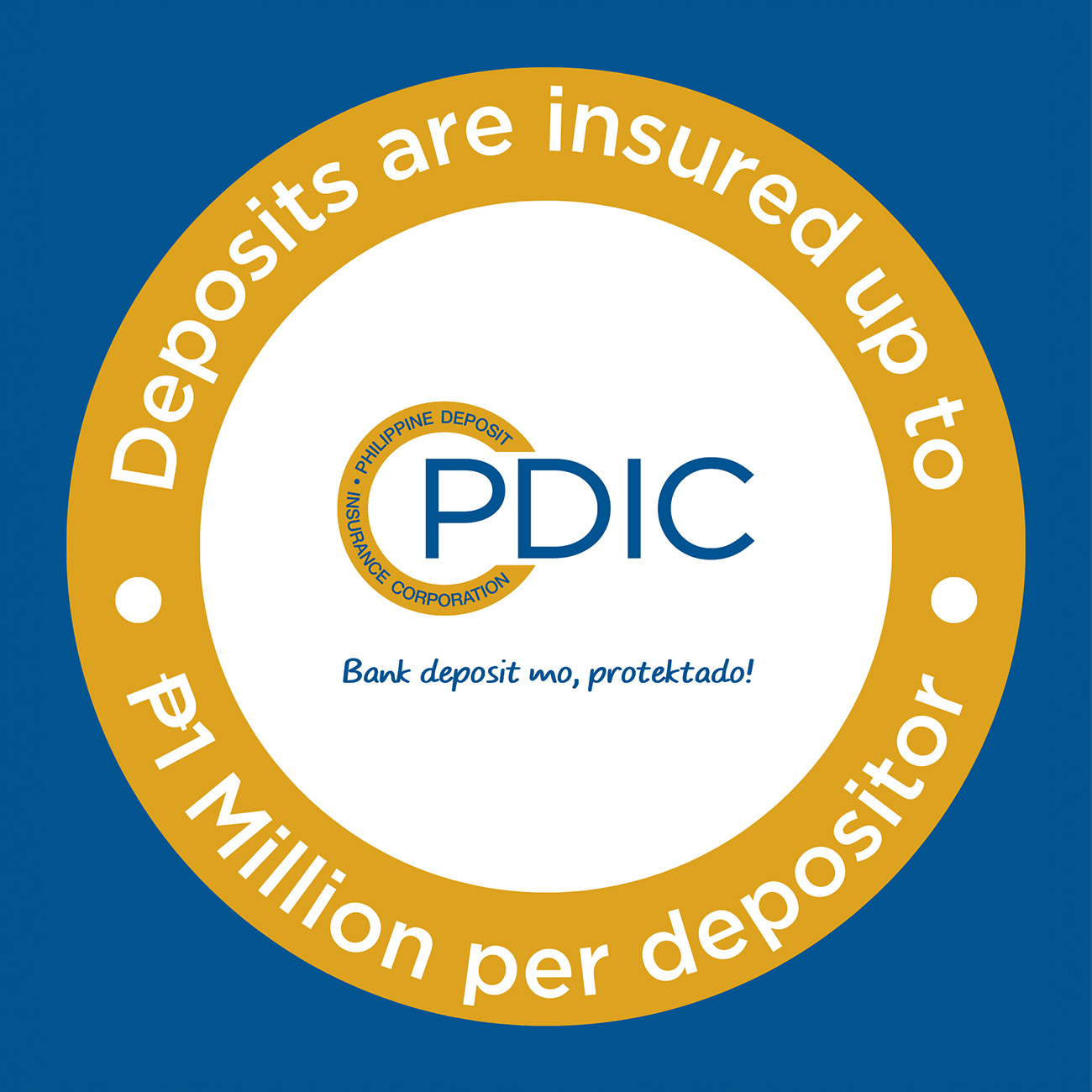Traditionally, most young Filipinos stay at their parents’ home until they get married, but with the changing times came the emergence of free-spirited, independent millennials (also referred to as “Generation Y”), who feel the need to get out from under Mom and Dad’s wings and make it on their own. Most often, the first step to becoming self-sufficient is deciding to move away from home.
For Filipino millennials looking to live independently from their parents or are ready to start a family, renting a condo unit is almost a no-brainer. Condos are most often conveniently located, and renting provides you with the flexibility you need especially if you’re still exploring your career options. Make your move as trouble-free as possible with these eight tips.
Establish what you can afford
As self-reliant as we may claim to be, we are facing certain limitations in finances unlike fellow millennials Mark Zuckerberg and Prince William. Before embarking on the search for your dream condo unit to rent, you must first have an idea of how much rent you are willing to pay. This means taking into account the costs that come with renting and living independently, such as your monthly bills as well as basic expenses like groceries and fuel costs or transport fares. A good rule of thumb is to set monthly rent payments at around 30 percent of your income, but it might go up to 50 percent depending on the location and classification of the condo.
Find an easily accessible building
One of the benefits of living in a condo is convenience. Since most condo buildings are built in the middle of the city, it is easier for you to go to places that are essential to you, like your office, the mall, restaurants, banks, and hospitals. If you have kids, it is ideal to choose a condo that is nearest to their school. If these places are not within walking distance, make sure they are at least easy to travel to via public transportation.
Assess the neighborhood
The positive appeal of a condo can be diminished by the conditions of the neighborhood where it is located. Make sure the building is far from fault lines, which can put you at risk of endangering yourself and your family from earthquakes. Try to select a condo in an area that is free from perennial flooding. The surroundings should also be well-lit at night for times when you get home really late.
Think about renting with a roommate
Even the most independent Gen Y-er also needs help, so if you’re on a strict renting budget, you might want to consider sharing a condo unit with another person. Splitting the costs with a roommate will help you save money on the monthly rent, utilities and maybe even food. Should you go down this route, make sure to room with a person whom you can trust, live comfortably with, and rely on to pay their share of the rent on time.
Check the amenities
Condos pride themselves in the idea of having everything within reach so their residents do not have to leave the complex. If you are a student, check if the condo has facilities that will help you with your schoolwork, such as a study room or library, as well as good Wi-Fi connection. For those who like to squeeze in a workout before or after work or classes, a condo with a fitness gym, swimming pool, and jogging path is a must.
One of the benefits of living in a condo is convenience. Since most condo buildings are built in the middle of the city, it is easier for you to go to places that are essential to you.
Choose between a furnished or bare unit
If you have furniture from your Mom and Dad’s home that you can borrow for your new home, you can set your sights on a bare unit, which is often cheaper than a furnished one. If you are leaving with only your clothes and a few personal items, a furnished unit help you save money from buying furniture. The most practical option is to get semi-furnished condo with a bedframe, cabinet, and a table and chairs, then just spring for a mattress and a couple of other basics.
Consider a rent-to-buy
For business-minded millennials looking to start investing for their future, a rent-to-buy or rent-to-own property is one option. A rent-to-own unit can be leased for a certain amount of time, after which you have the option to buy it. It might be more costly than a simple rental unit, but since a portion of your rent is already going towards the unit’s down payment, you are on your way to owning the property when the lease is up.
Read the lease agreement carefully
A lease agreement keeps both parties from being taken advantage of, so be sure to thoroughly read the contract before signing to avoid getting sucked into a lease with clauses you have issues with. The lease does not only contain the amount you pay monthly, but other legal arrangements like early termination clauses, pet ownership, allowable renovations, repairs and maintenance, and even smoking guidelines. If there are certain policies you do not agree with, inquire with the landlord if they can be amended.
* This article was originally published on MyProperty





